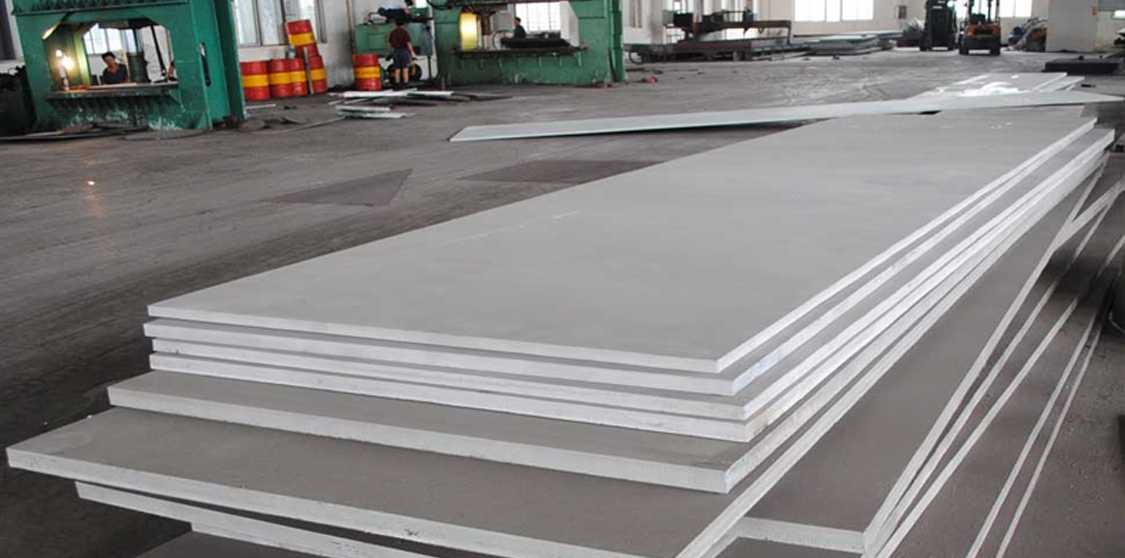Stainless steel is a cornerstone material in various industries, prized for its durability, corrosion resistance, and versatility. Among its many variants, Stainless Steel 304 stands out as a widely used grade, known for its exceptional properties that make it a go-to choice in numerous applications.
What Makes SS 304 Sheets Unique?
Composition and Structure:
Stainless Steel 304 is an austenitic alloy comprising 18% chromium and 8% nickel, rendering it highly resistant to corrosion and oxidation. This composition, along with its low carbon content, makes it suitable for a myriad of environments, including those with exposure to acidic and high-temperature conditions.
Corrosion Resistance:
One of the primary reasons for the popularity of Stainless Steel 304 lies in its remarkable resistance to corrosion. It withstands various corrosive agents, such as atmospheric conditions, chemicals, and even some acidic solutions, making it ideal for applications where longevity and durability are paramount.
High Temperature Tolerance:
The ability of Stainless Steel 304 to maintain its structural integrity at high temperatures further enhances its suitability for diverse industrial applications. Its resistance to scaling at temperatures up to 1600°F (870°C) makes it a preferred choice in environments with extreme heat exposure.
Ease of Fabrication:
Another advantage of Stainless Steel 304 is its excellent formability and weldability. This grade can be easily fabricated into different shapes, making it adaptable for various manufacturing processes, including forming, machining, welding, and even intricate designs.
Applications of Stainless Steel 304 Sheets
Architecture and Construction:
Stainless Steel 304 finds extensive use in architectural and construction projects due to its aesthetic appeal and durability. It's commonly employed in roofing, cladding, handrails, and decorative elements due to its resistance to corrosion in outdoor and harsh weather conditions.
Food Processing Industry:
The hygienic properties of Stainless Steel 304 make it a staple in the food processing industry. Its resistance to corrosion and ease of cleaning meet the stringent standards required for food-grade equipment such as storage tanks, piping, and food processing machinery.
Medical and Pharmaceutical Equipment:
In the medical and pharmaceutical sectors, Stainless Steel 304 is favored for its non-reactive nature and ease of sterilization. It's utilized in the production of surgical instruments, medical devices, and pharmaceutical machinery where hygiene and durability are critical.
Automotive and Aerospace:
The automotive and aerospace industries benefit from the high strength-to-weight ratio of Stainless Steel 304. It's used in exhaust systems, structural components, and aircraft fittings, owing to its ability to withstand high temperatures and corrosive environments.
Conclusion
Stainless Steel 304 sheets exemplify a perfect blend of durability, versatility, and corrosion resistance, making them a cornerstone material across diverse industries. From architectural marvels to critical applications in healthcare and manufacturing, its properties continue to fuel innovation and reliability.
Its ability to withstand harsh conditions while maintaining its structural integrity and aesthetic appeal cements Stainless Steel 304 as an indispensable material in the modern world, shaping industries and enabling advancements across various sectors.





Comments